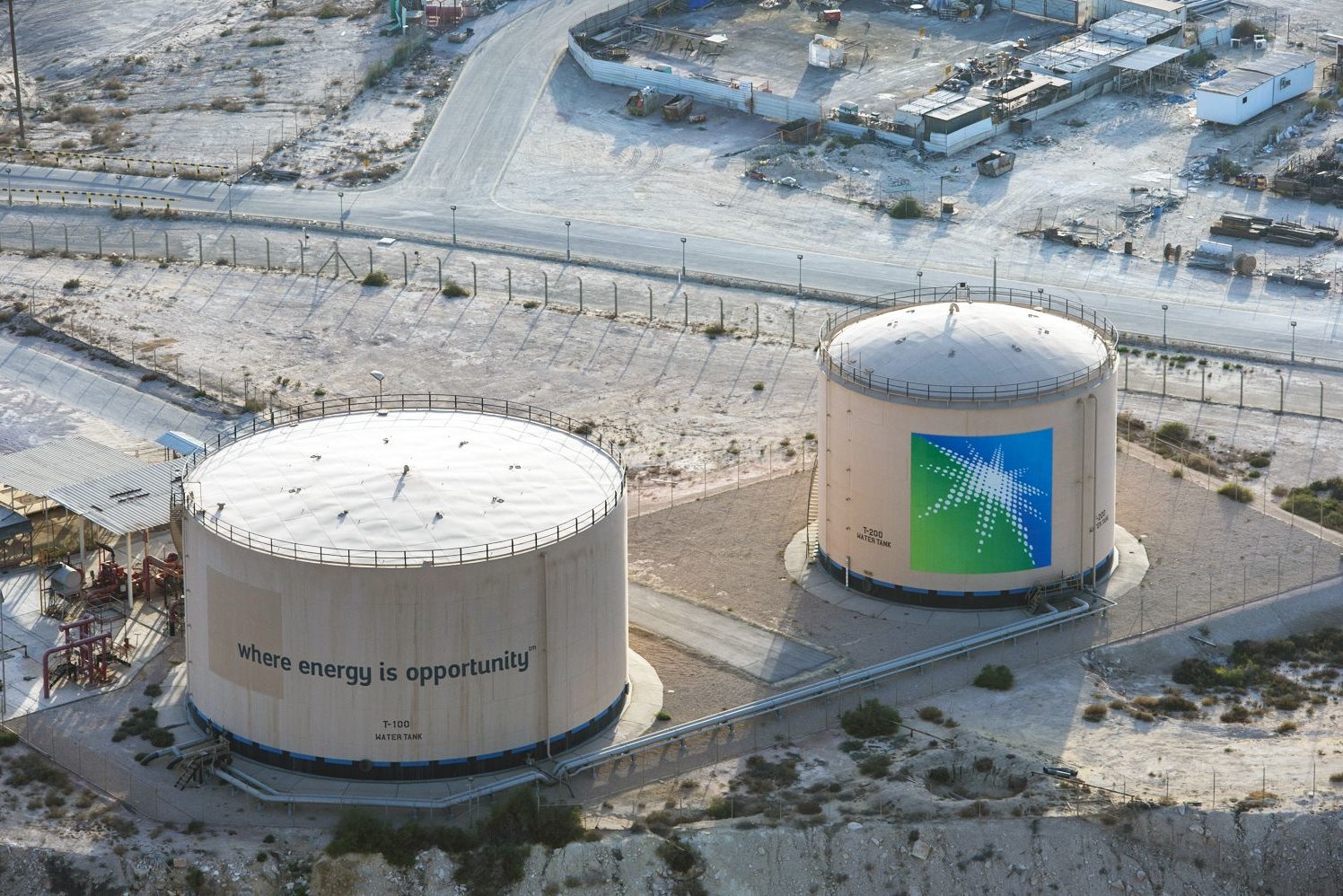ESG Investing And The Discomfort Of Big Oil
Saudi Aramco
All industries have been paying attention to ESG, none more so perhaps than the oil and gas sector. The latest belief, touted by Saudi Aramco, the world’s biggest oil company, is that ESG investments are undermining the critical investments that the oil and gas industry needs, simply because sustainability will not happen in the short-term and we are therefore devaluing the oil on which we do currently depend.
This, however, flies in the face of tales of energy giants greenwashing and raking in record-breaking massive profits while pretending to address ESG issues. Therefore, the question is whether ESG investments are actually essential to the energy sector or simply a threat to oil firms’ short to mid-term interests?
Net-Zero Goals
According to an International Energy Agency (IEA) report, carbon dioxide emissions from energy combustion and industrial processes accounted for close to 89% of energy sector greenhouse gas emissions (GHGs) in 2021. It is well known that greenhouse gas (GHG) emissions, which account for one-third of global emissions and are one of the main drivers of anthropogenic climate change, are produced by the oil and gas industry. However, it is vital for the energy sector to consider ESG investmentsnot only as a means of supplying clean energy, but rather as a divestment from hydrocarbons and reinvestment in the developing, renewable energy economy. This, rather than claiming to rescue the world's energy security in order to accomplish net-zero targets by 2050.
The Only Way Is Up
Surprisingly (or not), data show that Saudi Armaco’s total greenhouse gas emissions (GHGs) saw an annual increase of 6% in 2021. The majority of Aramco's total GHG emissions, or 76% of its total, come from Scope 1 emissions, which are direct GHG emissions from onsite fuel combustion, flaring, venting, and fugitive emissions. Therefore, the argument that additional investments in the fossil fuel sector are required merely serves to delay the world from achieving crucial net-zero carbon emission goals by 2050.
In fact, the IEA has issued a statement to stop using fossil fuels if the world is to attain net-zero emissions by the middle of the century. Investors should refrain from funding new oil, gas, and coal supply projects. This is old news, it’s now over three years since Norway’s Government Pension Fund Global, the world’s largest sovereign fund, set the trend for major institutional divestment from fossil fuels.
Challenge towards clean energy
Even though global investments in the clean energy transition topped USD1.4 trillion in 2022, equalling for the first time the amount invested in fossil fuel production, according to BloombergNEF research, the amount represents a 31% increase from 2021, it is still far short of what is required to reduce greenhouse gas emissions sufficiently to prevent catastrophic global warming.
Therefore, rather than questioning the validity of ESG investments, energy sector corporations should embrace them as a means of converting to renewable energy and reducing the enormous amount of carbon emissions that traditional fossil fuels emit.
Capital Investment
Amin Nasser, the CEO of Saudi Aramco, stated that "The cost of capital for oil and gas projects, which are increasingly seen as carrying greater risk, has increased due to the focus on Environmental, Social, and Governance factors in investment.” His remarks followed those of OPEC Secretary-General Haitham Al-Ghais, who said that "years of chronic underinvestment" have plagued the oil and gas industry "and need $500 billion a year till 2045”.
Oil and gas prices have nothing to do with ESG investments because they frequently change in response to the state of the world economy. For instance, the Russian invasion of Ukraine caused the cost of electricity and energy to grow exponentially because the majority of the country's energy was imported from neighbouring countries. As soon as Russia's oil was prohibited by Europe, prices increased. Renewable energy was the primary option left to deal with rising demands of energy supply, and by increasing its renewables capacity - aside from the issue of nuclear or not - Europe stands to build considerable future energy resilience as a result of Russian actions.
And, while that path may not be so smooth in the near-term, what doesn’t immediately ‘defeat’ Europe will surely make it stronger.
Alternative Energy Investments
Herein we see the importance of inexpensive, renewable sources of energy or the usage of alternative energy investments. For example, in Norway, oil demand has decreased by less than 10% since 2013 as 65% of all vehicles sold in 2021 were electric. According to a report by the International Renewable Energy Agency (IRENA), 90% of the world’s electricity must come from renewable energy by 2050.
Every nation is subject to geopolitical shocks and crises, and their reliance on the importation of fossil fuels by other countries makes them particularly weak. However, practically all nations have access to renewable energy sources, which enable them to diversify their economies, shield them from the unpredictability of fluctuations in the price of fossil fuels, and promote inclusive economic growth, job creation, and the reduction of poverty.
According to a report by the IEA, the Russian invasion of Ukraine is slowly accelerating the world’s transition to greener energy from fossil fuels. Therefore, ESG investments become essential for all sectors, and especially the energy sector, to transition towards an environmentally sustainable future.
The Energy Transition
How quickly companies like Saudi Aramco can truly get on board with this view surely depends on the culture of actual transparency they can develop. Painful in the short-term, yes, but the major fossil fuel companies do possess the opportunity to leverage enormous experience and expertise, over decades of operation, if they can make the shift to supporting the new energy economy.
In many ways, harnessing that institutional power could be a real driver of change, the change we have even less time to enact.
Find more daily updated ESG Investment news here.






